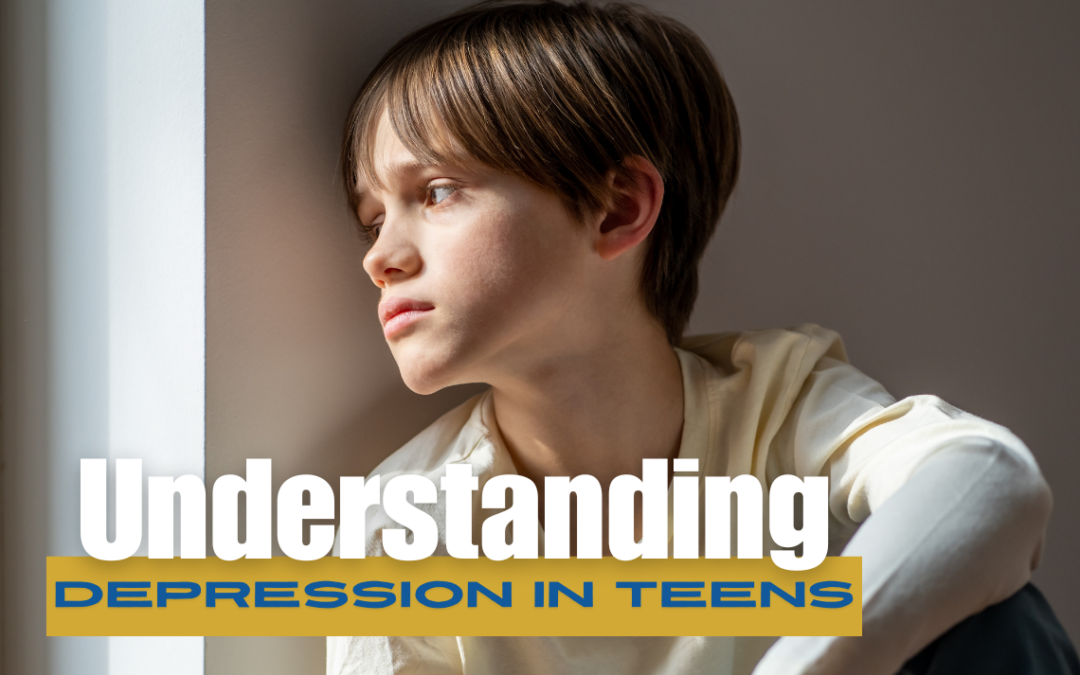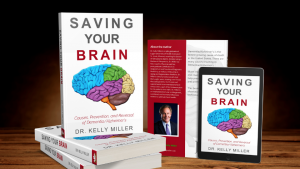Mental Health Awareness Month: Shining a Light on Teen Depression
May is Mental Health Awareness Month, a time to bring attention to the importance of mental health and the challenges many face. One pressing issue that requires our focus is teen depression. Adolescence is a critical period marked by rapid changes, and it can be particularly challenging for teens dealing with depression. Understanding, recognizing, and addressing teen depression is crucial for their well-being.
Understanding Teen Depression
Teen depression is more than just occasional sadness or moodiness. It’s a serious mental health condition that affects how teenagers think, feel, and behave. Depression can lead to emotional, functional, and physical problems that impact every aspect of a teen’s life.
Common Symptoms of Teen Depression:
– Persistent feelings of sadness or hopelessness
– Loss of interest in activities once enjoyed
– Changes in appetite or weight
– Sleep disturbances (insomnia or oversleeping
– Fatigue or lack of energy
– Difficulty concentrating or making decisions
– Feelings of worthlessness or excessive guilt
– Withdrawal from friends and family
– Thoughts of death or suicide
Causes and Risk Factors:
Depression in teens can be caused by a combination of genetic, biological, environmental, and psychological factors. Some common risk factors include:
Family history: A history of depression in the family can increase the risk.
Trauma and stress: Experiences such as abuse, bullying, loss of a loved one, or significant life changes can trigger depression.
Biological changes: Hormonal changes during puberty can contribute to depression.
Chronic illness: Teens dealing with chronic illnesses or medical conditions are at higher risk.
How to Help a Teen with Depression
1. Encourage Open Communication:
Create a safe and supportive environment where teens feel comfortable talking about their feelings. Listen without judgment and show empathy.
2. Promote Healthy Habits:
Encourage regular physical activity, a balanced diet, and adequate sleep. These habits can have a positive impact on mental health.
3. Contact Saving Your Brain
If you suspect a teen is dealing with depression, bring in your teen to have an initial brain assessment. We can customize a treatment and brain training program starting with QEEG Brain Mapping for a full brain map of what areas may be affected.
4. Provide Emotional Support:
Be patient and understanding. Remind them that they are not alone and that it’s okay to seek help.
5. Educate Yourself and Others:
Learn about depression and share your knowledge with others. Awareness and education can help reduce stigma and encourage more teens to seek help.
Brain Training and Teen Depression
Brain training can be a valuable tool in managing teen depression. Techniques such as mindfulness meditation, cognitive-behavioral exercises, and brain-stimulating activities can improve mood, reduce anxiety, and enhance overall mental well-being. Here are a few tips:
Mindfulness Meditation: Teach teens simple mindfulness exercises to help them focus on the present moment and reduce negative thoughts.
Cognitive-Behavioral Exercises: Encourage activities that challenge negative thinking patterns and promote positive thinking.
Brain-Stimulating Activities: At Saving Your Brain, we have many state-of-the-art programs like neurofeedback, neurosage, Balance Tracking System, Right-Eye therapy and more to help activate weak areas of the brain.
Join Us in Raising Awareness
This Mental Health Awareness Month, let’s make a concerted effort to understand, recognize, and address teen depression. By fostering open communication, promoting healthy habits, seeking professional help, and incorporating brain training techniques, we can support teens in navigating their mental health challenges.
Together, we can create a supportive community where teens feel understood and empowered to seek help. Remember, your mind matters, and so does theirs.
Stay connected with us on social media for more tips, resources, and support throughout the month. Share your experiences and join the conversation using the hashtags #SaveYourBrain #MentalHealthMatters #TeenDepression #MentalHealthAwarenessMonth. Let’s make a difference together!


